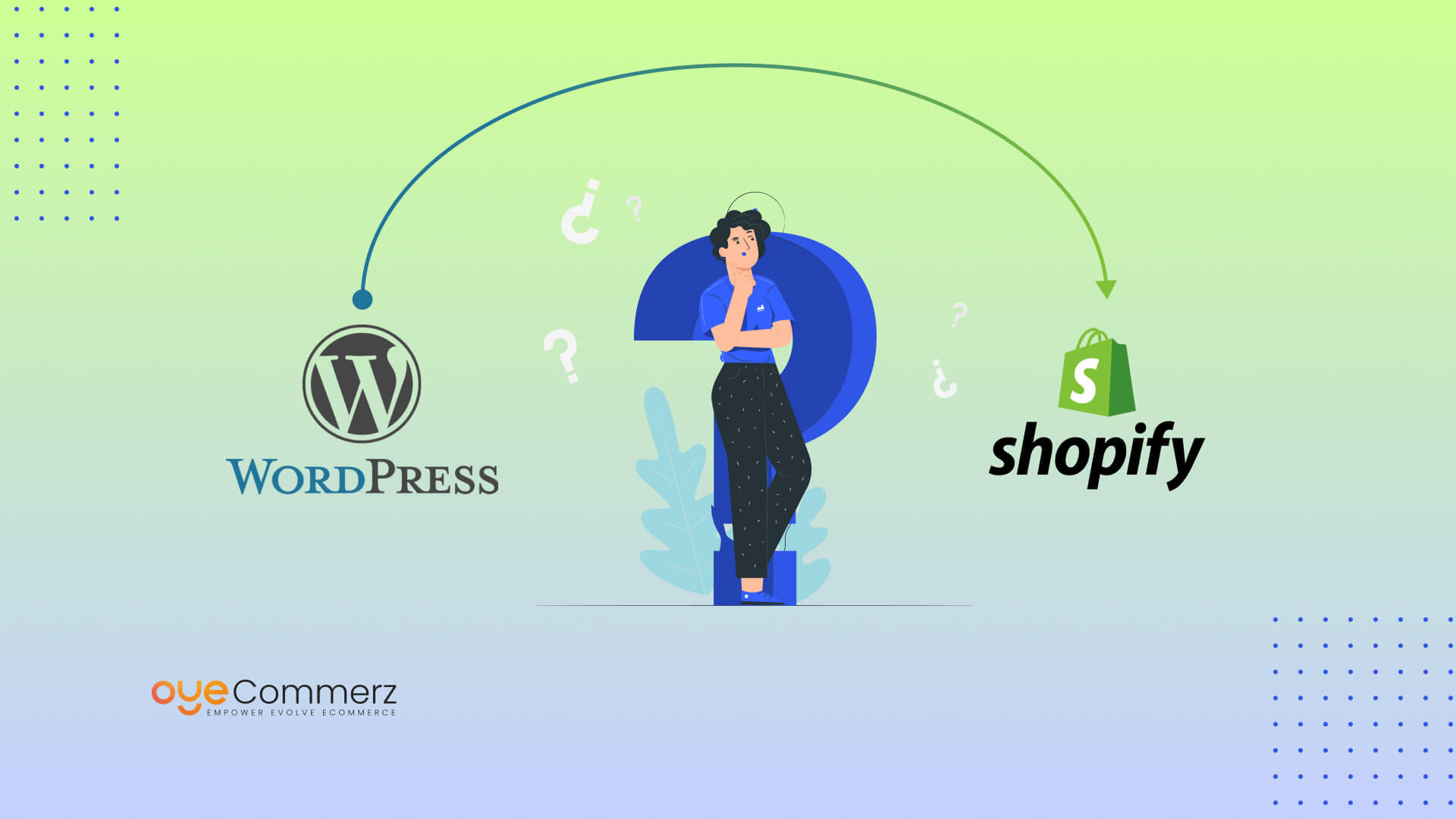In the dynamic landscape of digital commerce, selecting the best system is essential for your company’s growth. If you’re presently using WordPress and thinking about a migration to Shopify, you’re not alone. Many businesses are making this transition to utilize Shopify’s comprehensive tools, user-friendliness, and expandability. This guide will take you through the steps of migrating from WordPress to this platform smoothly, guaranteeing that you realize your eCommerce potential.
Why Migrate from WP to this platform?
Prior to diving into the migration process, it’s crucial to know why this change can be beneficial for your online store:
User-Friendly Interface: Shopify features an user-friendly dashboard that simplifies store handling, enabling for non-technical users.
Growth Potential: As your business develops, Shopify can handle increased traffic and transactions without affecting performance.
All-in-One Solutions: Shopify includes integrated tools for search engine optimization, analytics, payment handling, and more, minimizing the necessity for multiple plugins.
Advanced Safeguards: With Shopify, you utilize robust security protocols that safeguard sensitive customer details.
Steps for a Seamless Migration
Migrating your eCommerce site from WP to Shopify includes multiple actions.
Here’s the way to facilitate a hassle-free transition:
Outline Your Migration Strategy
Kick-off by outlining your migration blueprint. Pinpoint which elements of your current site you want to transfer, such as:
Product data
Customer information
Order history
Posts
Choose the Right Migration Package
Depending on your requirements, choose a migration service that suits your business. Shopify integrated tools Professional services delivers various plans:
Starter Package: Suitable for boutique stores with fewer products.
Regular Option: Appropriate for mid-range businesses with intermediate requirements.
Premium Migration Package: Perfect for high-volume stores needing broad customization.
Save Your Information
Ahead of initiating the migration, guarantee that you have a comprehensive copy of your WordPress site. This action is essential in case anything goes off track during the transfer.
Extract Your Content from WordPress
Utilize extensions or custom scripts to extract essential information from your WP site:
Items
Clients
Orders
Articles
Migrate Information into Shopify
After you have your information retrieved, use Shopify’s built-in features or third-party apps to transfer your data into your Shopify store. Ensure that all information is correctly formatted and placed.
Customize Your Shopify Platform
Once uploading content, customize your Shopify platform’s theme to reflect with your brand identity. Look into working with a developer if you require advanced customization.
Configure Payment Gateways and Logistics
Arrange transaction methods and logistics options in Shopify to ensure explore online store migration a smooth purchase experience for customers.
Adopt SEO Guidelines
To keep your SEO performance during the migration:
Set up 301 link updates from previous URLs to migrated ones.
Revise descriptions.
Optimize media and content for better ranking.
Evaluate Your New Platform
Before launching, thoroughly test your migrated store. Check for any discrepancies, transaction errors, or untransferred content.
Publish Your Platform
When everything is in order, it’s time to publish! Share the change to your users and encourage them to explore the enhanced capabilities of your Shopify store.
Post-Migration Assistance
Following launching your Shopify store, continued assistance is essential. Explore partnering with experts who can assist with:
Troubleshooting
Customer engagement
Enhancing features
Conclusion
Migrating from WordPress to Shopify can be a crucial decision for your digital business. By following this guide and utilizing tools like those offered by industry leaders, you can ensure a effortless transition that enhances your online presence. Embrace the change and realize the potential of Shopify today!
